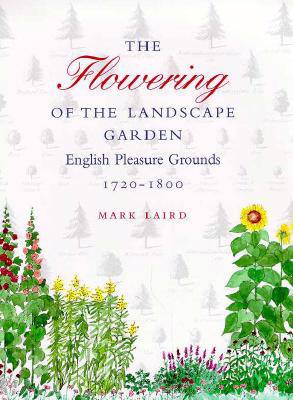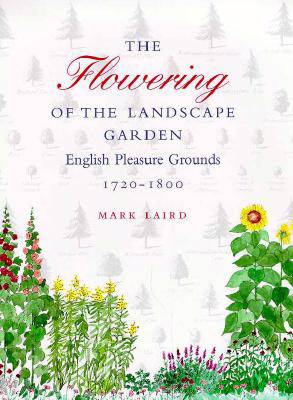
- Retrait gratuit dans votre magasin Club
- 7.000.000 titres dans notre catalogue
- Payer en toute sécurité
- Toujours un magasin près de chez vous
- Retrait gratuit dans votre magasin Club
- 7.000.000 titres dans notre catalogue
- Payer en toute sécurité
- Toujours un magasin près de chez vous
165,95 €
+ 331 points
Description
The park of lawns, trees, and serpentine lakes in a picturesque composition of greens has long been viewed as the enduring achievement of eighteenth-century English landscape art. Yet this conventional view of the picturesque style ignores the colorful flowers and flowering shrubs that graced the landscape garden of the Georgian era.
While the book is primarily devoted to the historical reconstruction of the formal and horticultural characteristics of "theatrical" shrubberies and flowerbeds, it also aims to animate the world of the eighteenth-century pleasure ground. Mark Laird shows how the unwritten lore of planting design was passed down by generation after generation of gardeners and discusses the interaction of landscape designer, client, nurseryman, land agent, and gardener in modifying and transforming the geometric layouts of previous generations. He traces the development of planting design theory and practice from Batty Langley to Capability Brown and William Chambers, and demonstrates how an English mania for flowering shrubs and conifers from eastern North America helped create the distinctive planting forms of the Georgian pleasure ground. Laird offers readers a wealth of visual and literary materials--from contemporary paintings, engravings, poetry, essays, and letters to more prosaic household accounts and nursery bills--to revolutionize our understanding of the English landscape garden as a powerful cultural expression. Through his original watercolor reconstructions of planting forms and through delightful descriptions of seasonal change and sensuous effect, he makes the gardens come alive, thus recognizing both the palpable qualities and aesthetic sophistication of eighteenth-century planting design. Laird's training as a landscape architect, garden conservator, and historian gives the book remarkable breadth and depth. It is a benchmark work, uniquely bridging the gap in landscape history between design and planting and horticultural studies.Spécifications
Parties prenantes
- Auteur(s) :
- Editeur:
Contenu
- Nombre de pages :
- 464
- Langue:
- Anglais
- Collection :
Caractéristiques
- EAN:
- 9780812234572
- Date de parution :
- 23-03-99
- Format:
- Livre relié
- Format numérique:
- Genaaid
- Dimensions :
- 220 mm x 289 mm
- Poids :
- 2295 g







